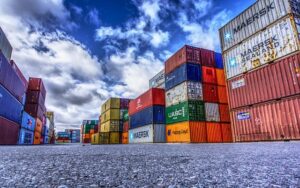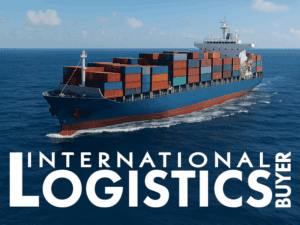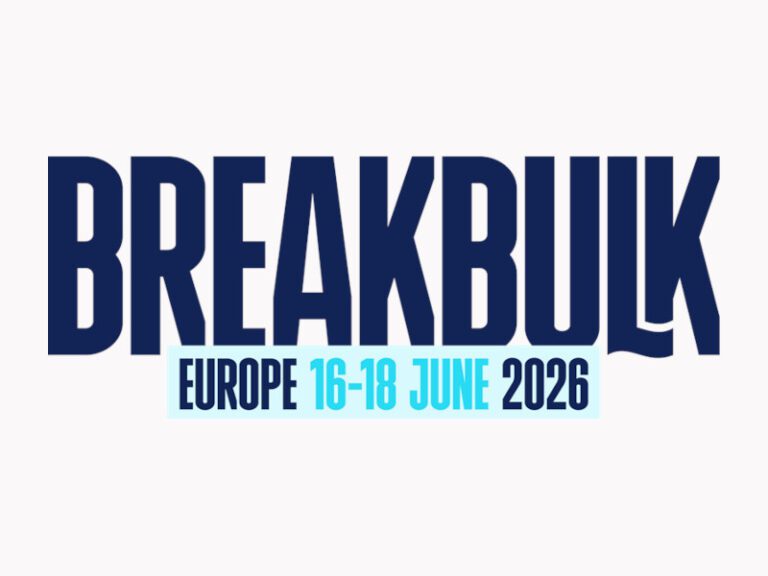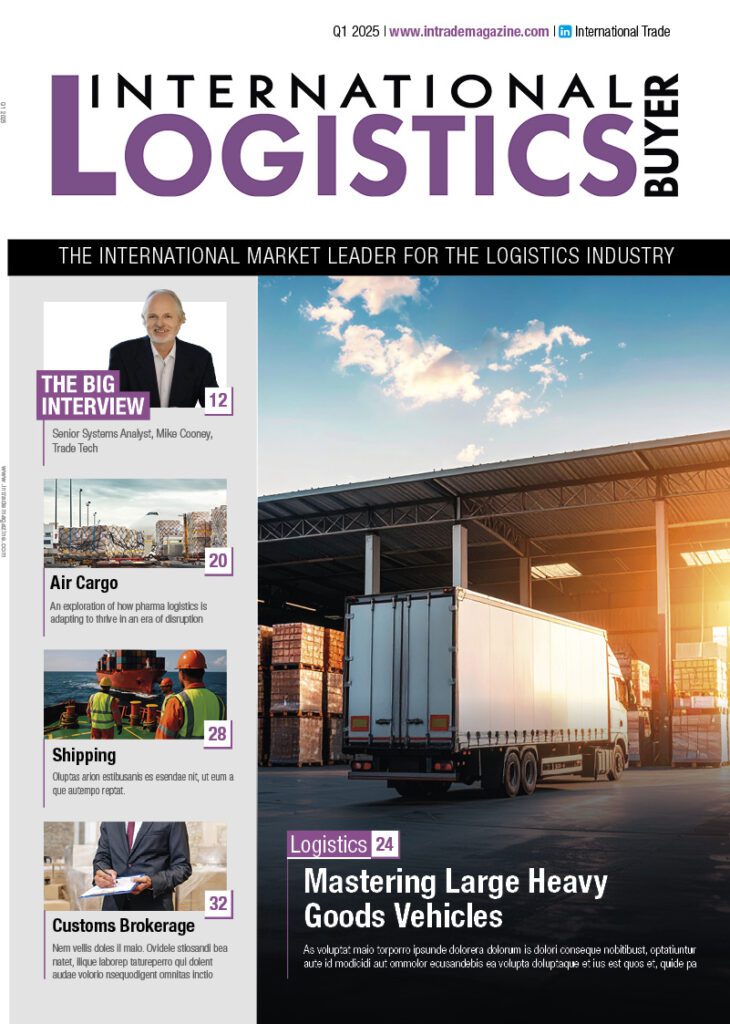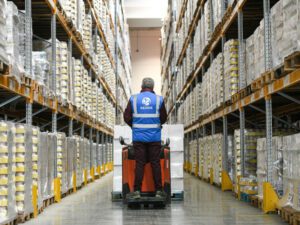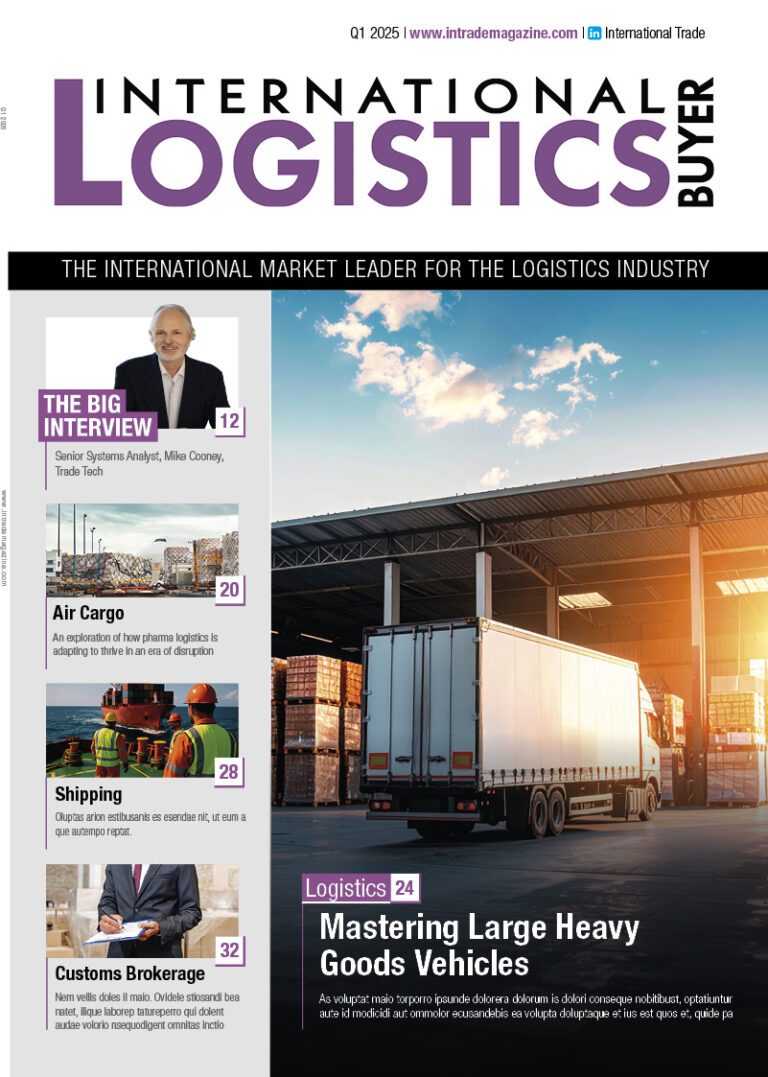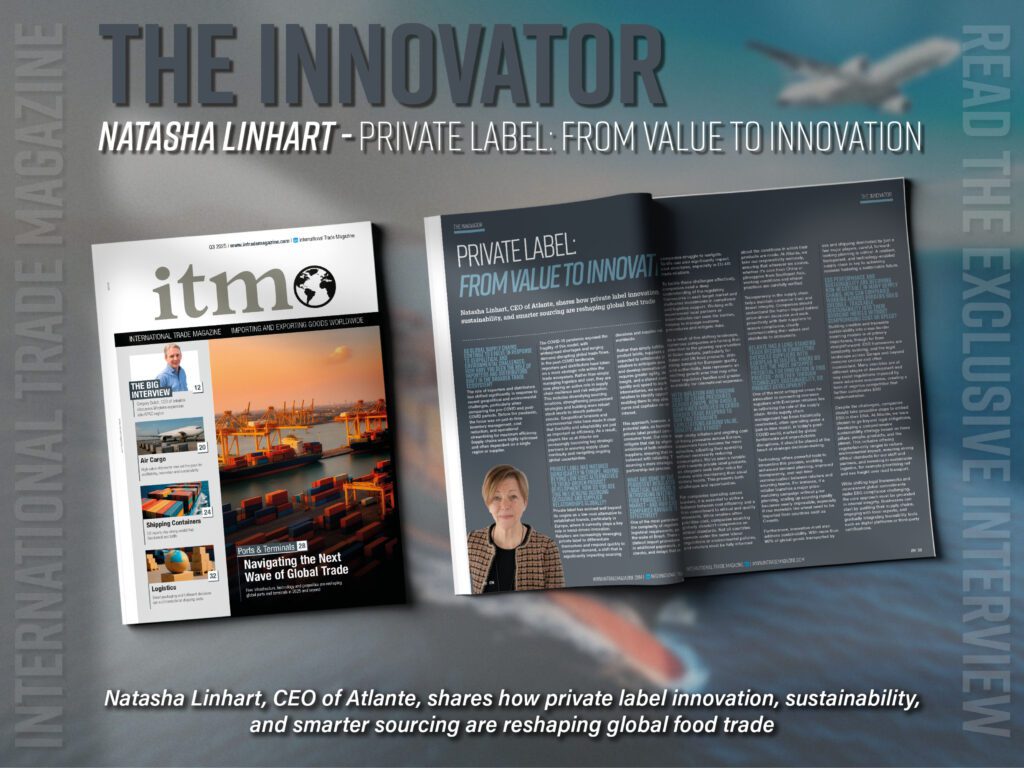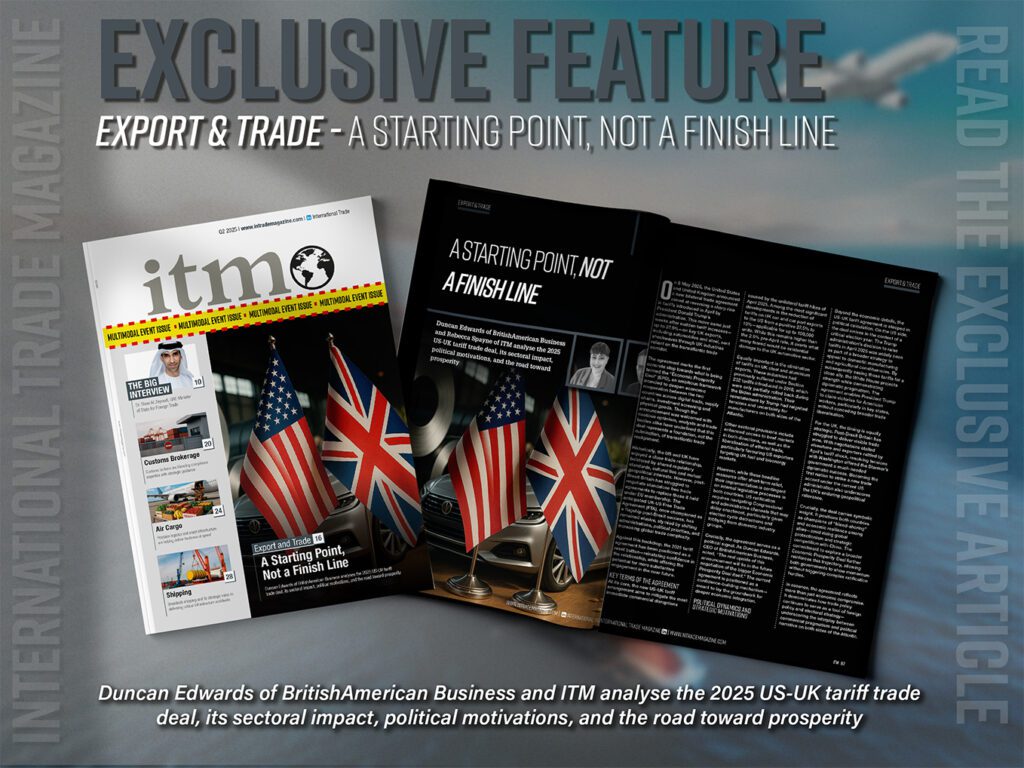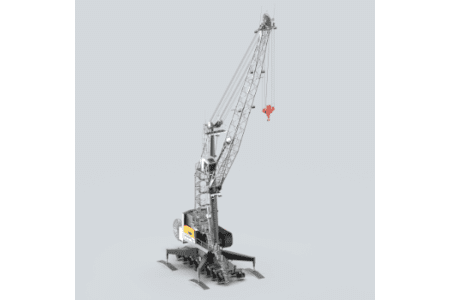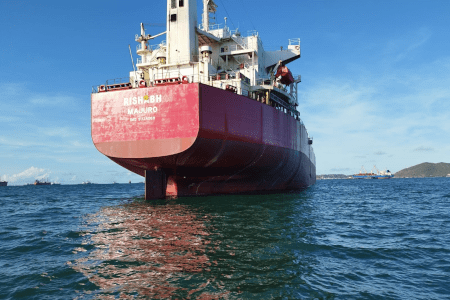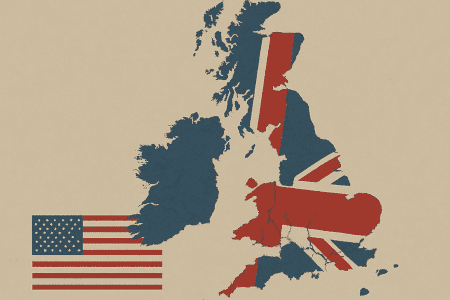An international logistics expert has warned that even a permanent post-Brexit customs union with the EU would not alone mean frictionless trade with the bloc for British businesses.
Adam Johnson, director of Leeds-based Tudor International Freight, was commenting on what is believed to be the central trade-related demand of Labour party leaders in their current talks with the government aimed at breaking the parliamentary Brexit impasse.
The deadlock follows MPs having repeatedly and decisively rejected the withdrawal agreement and political declaration Prime Minister Theresa May concluded with the EU last November but failing to establish a consensus on alternative arrangements.
Mr Johnson explained: “The UK, as a full EU member, is currently part of the bloc’s customs union, covering its constituent countries and some other states.
“A customs union is essentially an arrangement under which nations agree to waive tariffs – import taxes – on goods sent from one member to another. Members also agree to charge common tariffs on items entering their territories from outside countries. Customs unions can take various forms – there are 16 operating globally, their details comprising varying mixes of cross-border integration and national autonomy.”
Mr Johnson said although customs unions typically eliminated checks at borders for tariffs and origin of goods, one international trade expert had recently stated there were over 60 regulatory, taxation and customs checks possible on goods moving across any future trade frontier between the UK and EU.
He said: “Even a permanent customs union, if such a thing can be agreed by the government and negotiated with the union, will therefore not alone mean British companies experiencing frictionless trade with the EU after we leave it.”
Mr Johnson said Turkey, for example, was outside the EU but in a partial customs union with it. However, Turkish lorries were sometimes held up for 24 hours or more at the country’s border with the union. That was because drivers of these trucks still had to show documents such as invoices, export declarations and transport permits for each country within the EU that their vehicles were going to travel through.
He said: “Only combining a permanent customs union with other features, such as continued full UK membership of the EU single market – which neither main domestic party seems to be advocating – would bring frictionless trade with the bloc after Brexit.”
Mr Johnson explained British businesses trading with the EU now enjoyed advantageous arrangements.
He said: “When we import goods from the EU on a client’s behalf, for example, the only documentation we need is a copy of the packing list or commercial invoice and the travel document.
“This is a waybill for air freight, a bill of lading for sea consignments and a CMR note – the abbreviation being derived from its French full name – for road haulage. No customs clearance processes or duties apply, and no VAT is payable before goods can be moved from receiving ports or airports.”
Mr Johnson said advocates of these arrangements continuing had said they would help to constrain British businesses’ costs, keep their prices competitive and enable goods to reach and be received from by far our largest trading partner quickly. They would also remove any need for a hard border in Ireland and potentially avoid the UK having to engage in long and tortuous trade negotiations with the EU after we left.
He said: “So, while a permanent customs union would certainly be better than nothing for British companies trading with the union, alone it still falls short of the ideal arrangements for this purpose.”
For further information about Tudor International Freight, please visit https://tudorfreight.co.uk.
International logistics expert warns permanent customers union alone would not mean frictionless post-Brexit trade with EU
About Logistics Buyer
International Logistics Buyer is the leading authority in global logistics and supply chain content, delivering expert news, in depth articles, exclusive interviews, and industry insights across print, digital, and event platforms. Published 10 times a year, the magazine is a trusted resource for professionals seeking updates and analysis on the latest developments in the logistics sector.
To submit an article, or for sponsorship opportunities, please contact our team below.

Chris Lingham
Group Sales Manager

Afua Akoto
Marketing Manager
Read the Latest Issue
Follow us on LinkedIn
Follow us on LinkedIn
Click HereAdvertise here
Reach decision makers and amplify your marketing

